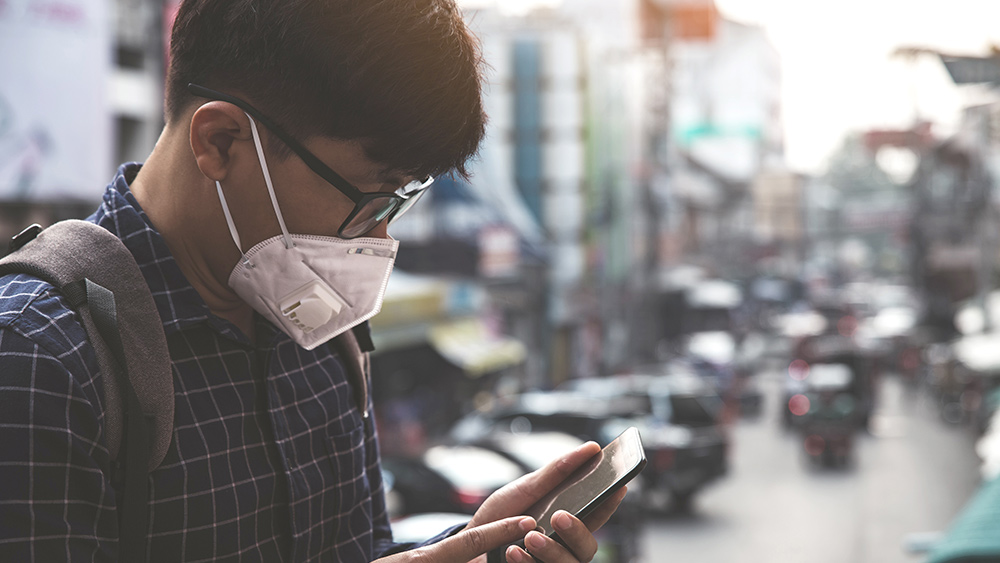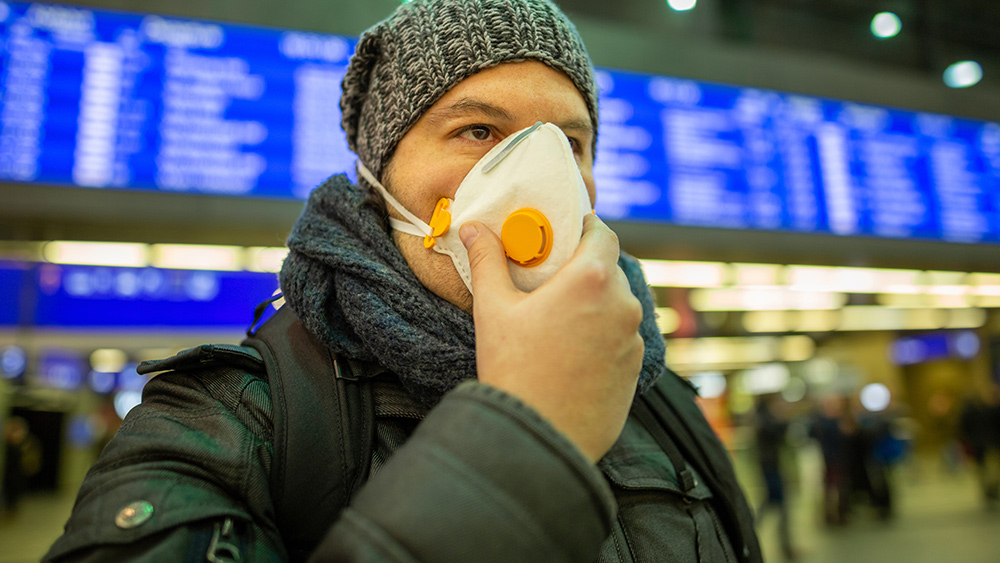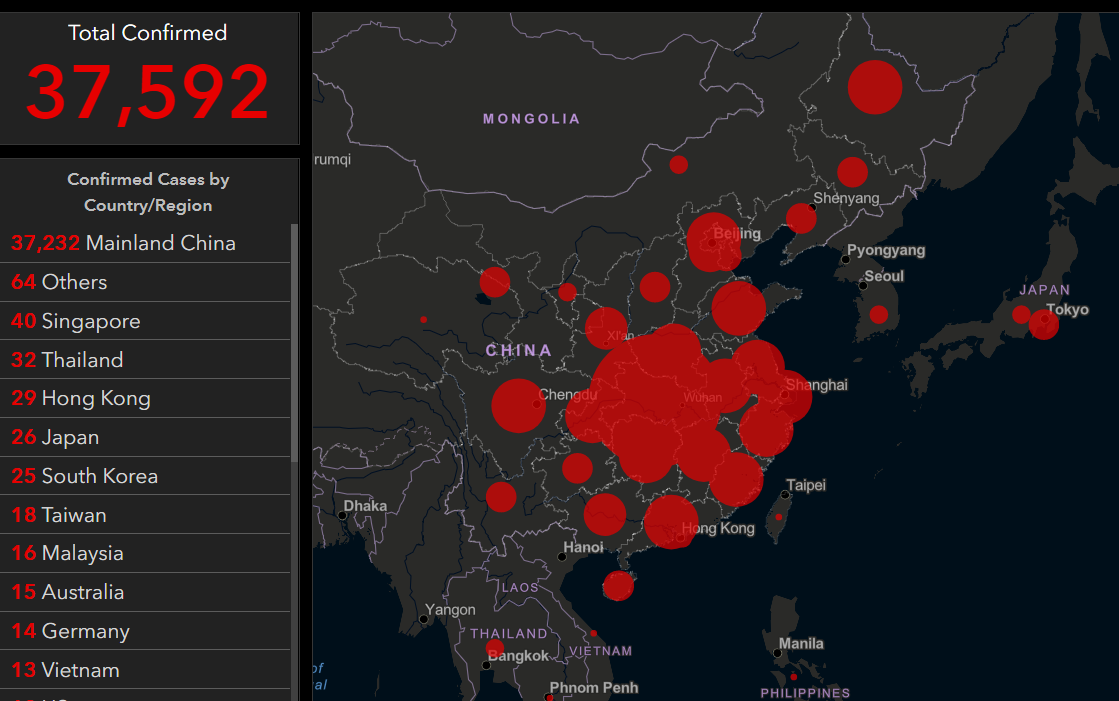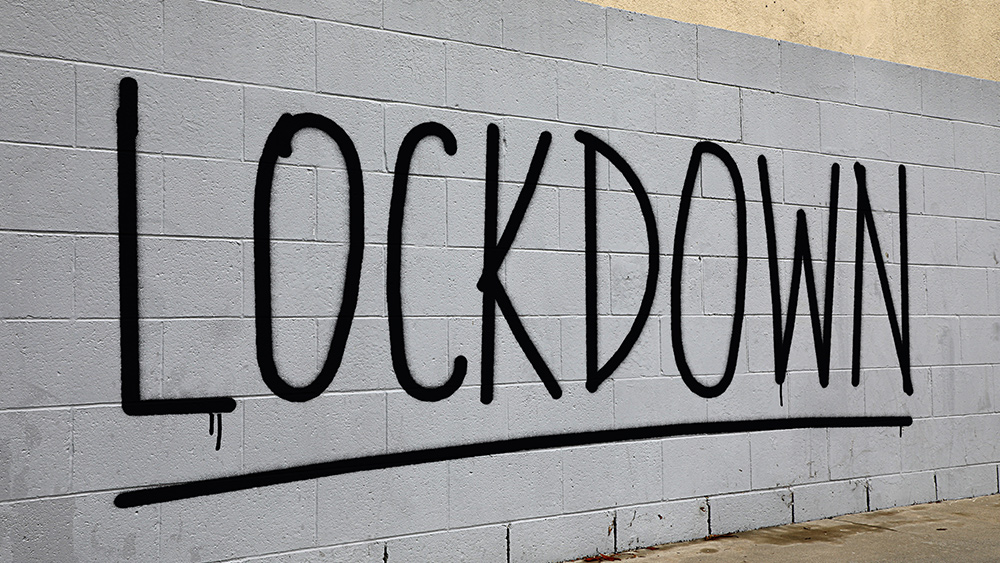UK government now using phone data to SPY on citizens and see if they’re breaking lockdown rules
03/28/2020 / By Franz Walker

As the number of coronavirus patients around the world blows past 600,000, governments around the world are turning to invasive surveillance methods to track whether or not their citizens are abiding by lockdown rules. The U.K.’s privacy watchdog has given the government the green light to use persona data from people’s mobile phones to track their behavior should it be necessary to do so to help fight the outbreak.
Reports surfaced last week that the U.K. government was in talks with mobile phone companies to potentially use anonymous location and usage data to create movement maps, with a 12 to 24-hour delay, find out of the public is following lockdown rules. Now, the Information Commissioner’s Office (ICO) has stated that doing so would be legal as long as it would be in the public interest and that safeguards for data are in place.
“The important thing is that data protection is not a barrier to sharing data,” said an ICO spokeswoman. “Public bodies may require additional collection and sharing of personal data to protect against serious threats to public health. Data protection law enables the data sharing in the public interest and provides the safeguards for data that the public would expect.”
A non-departmental independent body that directly reports to the Houses of Parliament, the ICO is the regulator in charge of dealing with data protection and privacy laws throughout the United Kingdom.
Data protection and electronic communication laws don’t stop the government
The ICO said earlier this month that data protection laws did not stop the government, the National Health Service (NHS) or any other health professionals from sending public health messages to people by phone, text or email. While this didn’t raise any red flag at first, British privacy campaigners were soon alarmed after the government’s potential mobile phone monitoring plan came to light.
Last week, reports came out that the U.K. government was in talks with British Telecom (BT), owner of U.K. mobile operator and internet provider EE, about revealing mobile phone location data to see if people were following social distancing measures. (Related: Hospitals in London unable to cope due to SURGE in coronavirus cases.)
“We are talking with the government about a number of areas in which we may be able to assist with the national public health effort,” stated a BT spokesperson.
“As always, we are mindful of the privacy of our customers, while making sure we do everything that might help the medical authorities in the fight against coronavirus,” the spokesperson added.
Prior to this, Sky News had previously stated in a now-deleted report that the U.K. government had asked another telecommunications services provider, O2, to reveal the location data of their users. A spokesperson from O2 has since stated that the reports were “not true and not representative of how all phone networks are being asked to help the government.”
The O2 spokesperson, however, did reveal that the companies were only in talks with the government about revealing data but that this had not happened yet. He admitted that O2 had the ability to provide location data, but that it would only relate to broad mass movements and never an individuals data.
“We are fully engaged in helping in the fight against COVID-19. Besides zero-rating [free] access to NHS and other support websites, we were asked along with other mobile operators to support those who are working tirelessly to map and control the spread of coronavirus in the U.K.,” said the O2 spokesman.
“Using our mobile technology, we have the potential to build models that help to predict broadly how the virus might move,” he added. “This would in no way be able to identify or map individuals and operates within strict privacy guidelines.”
Privacy campaigners concerned
The ICO’s statement has raised concerns among British privacy campaigners. These individuals have said that people should be alerted if their personal data is being used and that there should be judicial oversight over the whole thing. More importantly, they said that the need to be “sunset” provisions included in it to make sure that the data gathering cannot become a permanent tactic.
“Inevitably, there are caveats to producing this sort of technology, and limitations. Privacy is a big one,” stated Prof. Jon Crowcroft, Turing Fellow at the Alan Turing Institute. “Any app system and accompanying database must be designed with comprehensive, user-centric privacy policies built-in.”
The campaigners fear that the U.K. could implement surveillance measures similar to those already deployed in other countries. Countries such as South Korea and Israel are already using mobile data to track the movements of patients with the coronavirus.
U.K. Health and Social Care Committee chairman Jeremy Hunt has already praised the countries that have been using mobile data in this way. This, and the fact that Hunt also asked the U.K. government’s chief scientific adviser if that would be a useful thing to do over there, isn’t easing the privacy campaigners’ fears.
Sources include:
Tagged Under: coronavirus, covid-19, Flu, government, infections, mobile devices, Orwellian, outbreak, pandemic, police state, priority, privacy, spying, superbugs, surveillance, UK, United Kingdom, virus


















